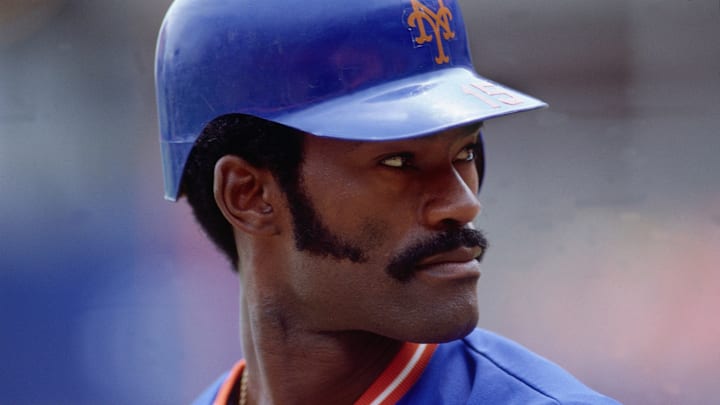4) Bad NY Mets contract: Jason Bay's deal proved to be an ash rather than a splash
The Mets had a miserable 2009 season. Almost everyone got hurt, the Yankees and Phillies met in the World Series, and the Mets ranked last in the majors with 95 home runs. If the Mets were to contend in 2010, the Mets desperately needed to add an impact bat. Jason Bay and Matt Holliday were the two most hotly pursued hitters on the free agent market that year, and the Mets faced a lot of pressure to add one of them. And they did.
Jason Bay signed a 4-year, $66 million deal with the Mets before the 2010 season as the guy to bat behind David Wright in the lineup. But Bay never lived up to the contract expectations, with disappoining offensive play and injuries.
After hitting 36 home runs and driving in 119 runs in 2009 for the Red Sox, he had just six round trippers and 47 RBI's before he suffered a concussion against the Dodgers in July 2010 when he slammed into the outfield wall tracking down a fly ball and it caused him to miss the rest of the season. In 2011, his season debut was delayed becaus of a rib issue and his numbers didn't improve much.
Then, in 2012, he suffered more injuries and batted just .165 that season. They agreed to part ways following the season and $21 million was still on the books for the 2013 season. Once Bay's contract came off the books, it finally allowed Sandy Alderson to start spending larger sums of money on free agents, and he did just that in adding Curtis Granderson and Bartolo Colon.
